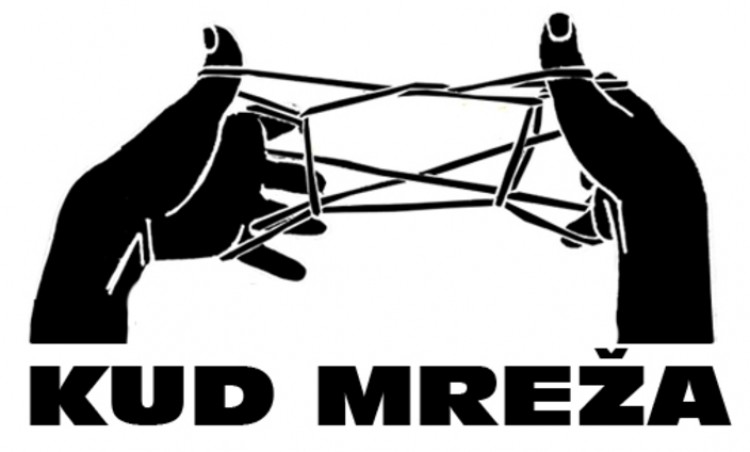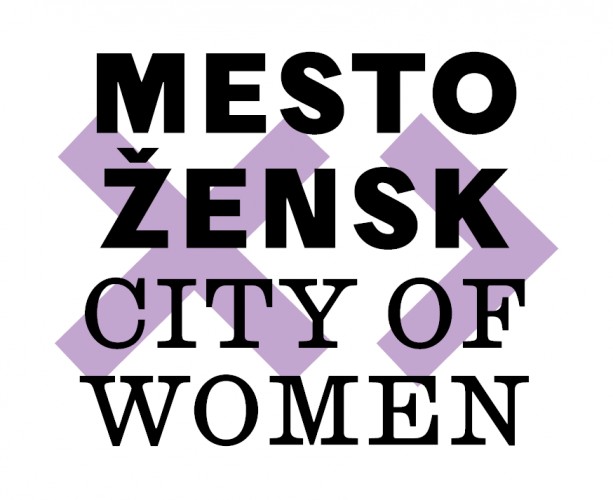How to reconnect feminist and anticapitalist critique?
Husanović's critique of gender mainstreaming suggests ways to resist the neoliberal appropriation of feminist politics by embracing new theories of social emancipation without sacrificing the struggle for recognition. In her words, it is important to reconnect feminism with the critique of capitalism, because a large part of feminism abandoned class-based analysis, embraced culturalization, and bridled our dreams about feminist emancipation for the benefit of capitalist accumulation. Through identity politics, it dispersed the feminist idea of equality, and began to advertise different fashion styles and lifestyles, all of which have decentralised our labour power.
From an Orchestrated Destruction of Socialism back to Capitalist Barbarism: Imposition of Regressive Socio-economic Status for Women
Neocolonial re-imposition of capitalism has resulted in a massive scaling back of basic socio-economic rights, which affects women differently from men, as it rests on the processes of re-patriarchalization. This is a direct result of the transfer of the costs and responsibility for social and biological reproduction of the current and future generations of labour force from capital owners to women. As a result, women are pushed back into the isolation of their homes, casting them into the role of unpaid reproductive workers and economic dependents or semi-dependents, who in their newly cast role of unpaid, roundo- clock reproductive workers come to be perceived as merely secondary earners and a huge reserve army of labour confined mostly to the informal or semiinformal sector. The re-instalment of capitalist social relations thus abdicates on the socialist idea of gender equality and naturalization of conservative gender constructs.
Red Dawn Above the City of Women
Since 2000, Red Dawns festival has been working inside, alongside, and against the society, which disfavours women and sexual minorities – especially those that emphasize their markedness in order to point out the sexual hierarchies otherwise taken for granted. Because the promise of equality – nurtured by the image of red-haired heroine Zora, and the red morning sky – in capitalist barbarism is moving further away, it has not been easy to continue to organize the festival.
What furthers the depolitization of our festival is the fact that we, as organizers, despite European support, remain overworked and underpaid project workers. Because of that support, the Red Dawns team and the artists were paid decently for the second time in our fourteen-year-long history. Yet, the question is what price we are going to pay for this.
The resistance to structural causes of gender asymmetry remains the reason for our existence and the reason for our continual search for political allies. In 2013, we have allied with the City of Women festival. Our joint festival Red Dawn above the City of Women continued our locally situated feminist and queer politics. We look across national borders, because we believe that patriarchy is transnational. We are convinced that borders between genders as well as between nations and classes can be crossed, moved, and demolished with art, activism, and theory; that these forms of expression intertwine in our struggle for the ‘impossible’ – for that which is yet to come.
Tea Hvala


